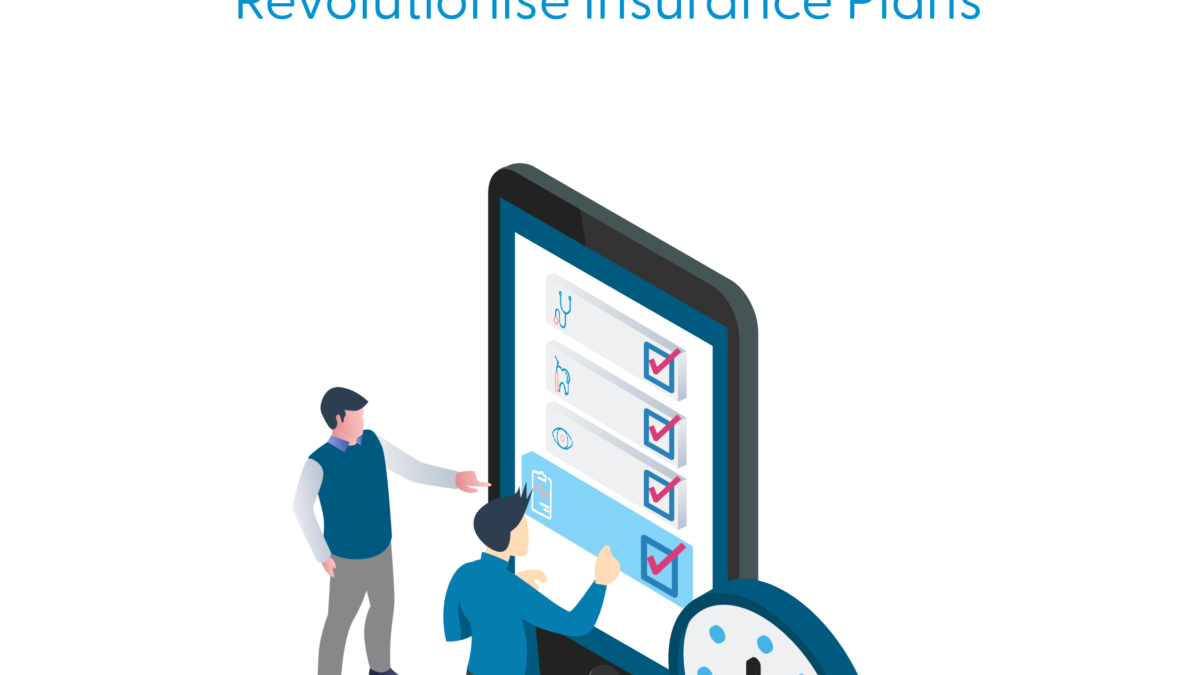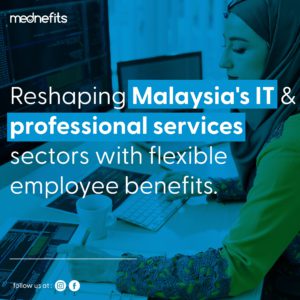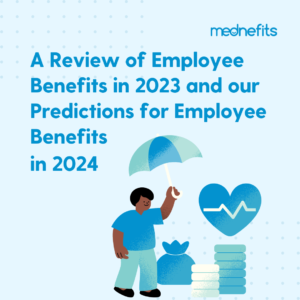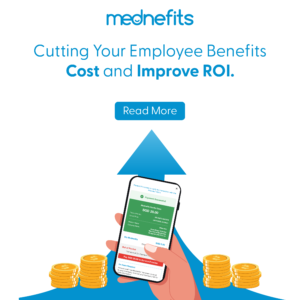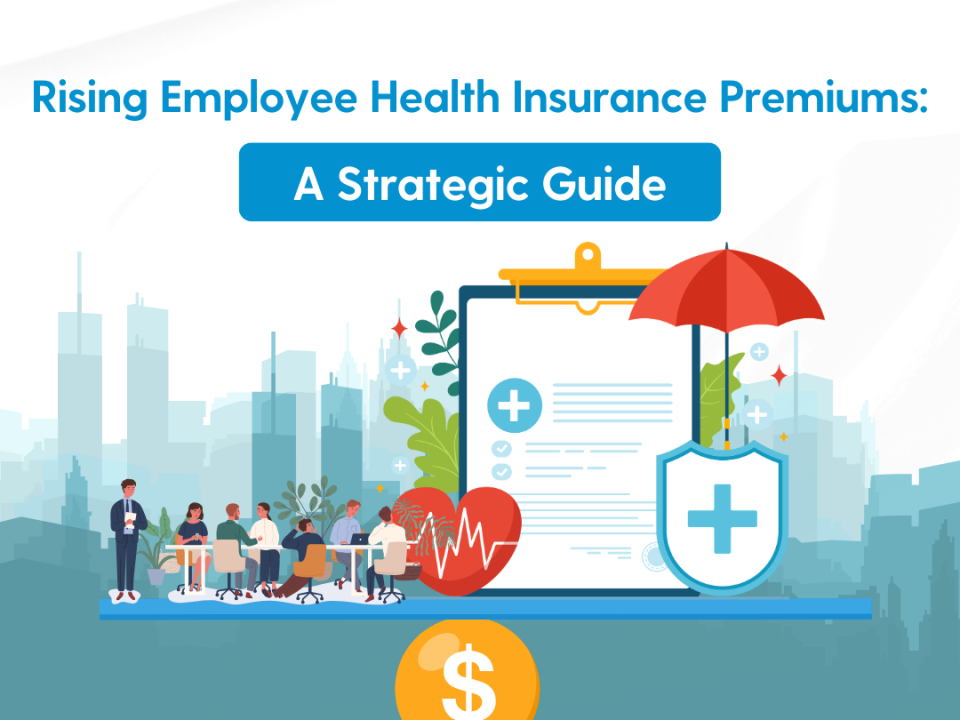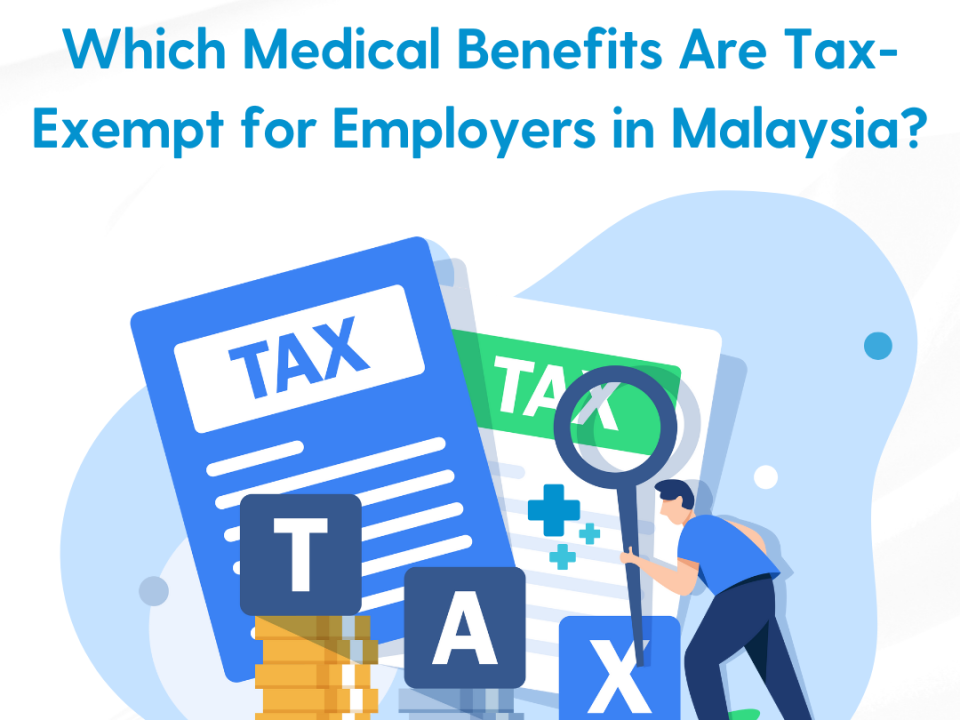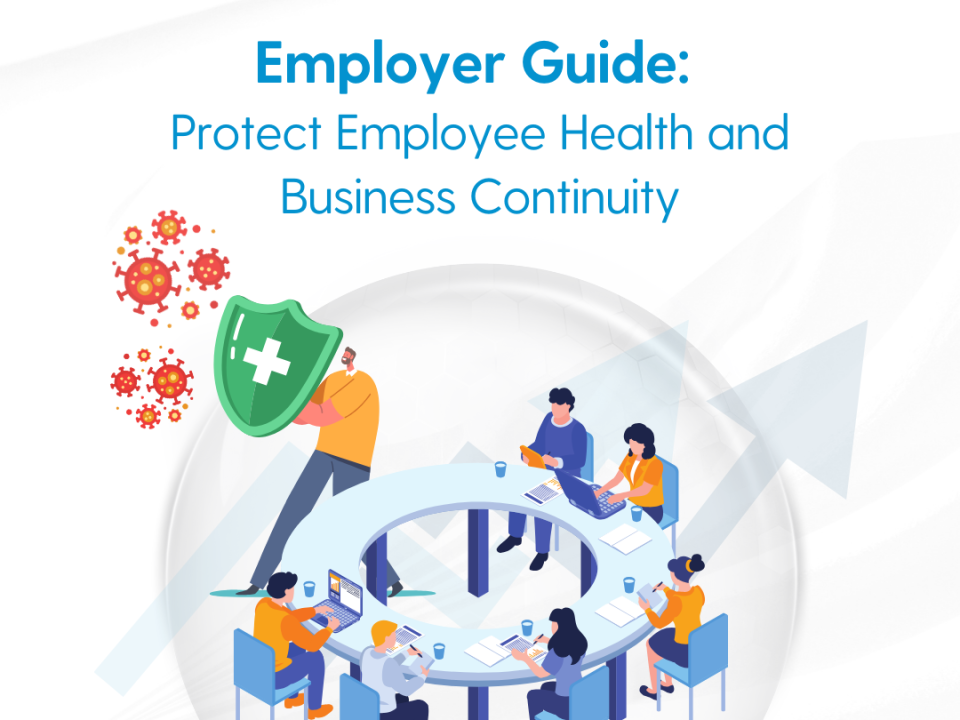
Navigating Malaysia’s candidate-driven market in 2024 with flexible benefits
April 29, 2024
Innovate or Fall Behind: Future-proofing Talent Attraction in Malaysia’s Education Industry
May 14, 2024How flexi-benefit schemes can revolutionise insurance plans for IT and professional service businesses
Employee Benefits
How flexi-benefit schemes can revolutionise insurance plans for IT and professional service businesses
May 1, 2024

The IT and professional service industry stands as an ever-evolving landscape, driven by innovation and technological advancements. The sector's rapid growth is fueled by the increasing demand for specialised services and expertise. For instance, Malaysia is gearing towards its goal of becoming a professional services hub by 2030. However, 60% of Malaysian businesses are facing trouble when developing a strategy to retain their top talent, with 48% of professionals expecting a pay increase. In this competitive environment, companies are continuously seeking to attract and retain top talent to maintain their edge in the market. A crucial aspect of achieving this goal is the provision of comprehensive employee benefits packages. However, the traditional one-size-fits-all approach to insurance plans may no longer suffice in meeting the diverse needs and preferences of today's workforce.
Furthermore, the increase in healthcare benefit costs across the APAC region including Singapore (10.67%) and Malaysia (13.36%) in 2024 would eventually result in more employees seeking better healthcare benefits from employers. This is where the concept of a flexi-benefit scheme, offers a personalised and tailored approach to employee benefits. By embracing such a scheme, companies within the IT and professional service industry can enhance the value of their employee benefits policy thereby enhancing their appeal to both potential and existing employees. This innovative approach not only ensures that employees receive an employee benefit policy that aligns with their individual needs and circumstances but also demonstrates a commitment to prioritising employee well-being and satisfaction. As organisations strive to remain competitive and attract top talent, a flexi-benefit scheme can serve as a strategic tool in fostering a positive work environment and fostering employee loyalty.
Let's dive into the world of flexible benefits and discover how they can enhance your company's insurance offerings for employees.
Why do traditional insurance schemes no longer work, especially for the IT and Professional service industry?
Traditional insurance schemes are becoming outdated for organisations due to their fixed set of employee benefits offered by insurance providers. These schemes often come with high starting costs and limited flexibility, as companies are confined to the benefits provided by the insurer. This lack of customisation can lead to wasted funds on unused benefits, as employers are required to pay for all benefits at the beginning of the fiscal year regardless of whether employees utilise them. This rigidity can be particularly challenging for businesses that may have fluctuating employee needs or diverse workforce preferences.
As the business landscape evolves, companies are increasingly seeking more agile and cost-effective solutions to meet the dynamic needs of their employees. Traditional insurance schemes simply do not offer the level of adaptability and personalisation that modern businesses require to attract and retain top talent. To remain competitive and align with the changing demands of the workforce, companies are exploring alternatives such as flexible benefit packages, wellness programs, and a shift towards more employee-centric approaches to insurance coverage. By moving away from traditional insurance schemes, companies can better tailor their benefits offerings to meet the unique needs of their employees, ultimately boosting morale, productivity, and overall employee satisfaction.
Understanding flexi-benefit schemes
Flexi-benefit schemes have emerged as a strategic tool for businesses aiming to attract and retain talent in the contemporary competitive job market. These schemes provide a dynamic and adaptable framework for employee benefits, granting both employers and employees the autonomy to select and personalise their benefits package as per individual preferences and requirements. By offering a diverse range of benefits such as health insurance, retirement plans, wellness programs, and work-life balance initiatives, flexi-benefit schemes enable organisations to cater to the diverse needs and priorities of their workforce. This level of customisation not only enhances employee satisfaction and engagement but also contributes to a positive company culture and employee retention rates.
Moreover, the implementation of flexi-benefit schemes reflects a shift towards a more employee-centric approach in the realm of human resource management. By empowering employees to make choices regarding their benefits, organisations demonstrate a commitment to supporting individual well-being and professional development. The flexibility inherent in these schemes not only fosters a sense of ownership and empowerment among employees but also serves as a competitive differentiator for employers striving to stand out in a crowded talent market. As businesses continue to prioritise employee satisfaction and retention as key drivers of organisational success, flexi-benefit schemes are poised to play a pivotal role in shaping the future of employee benefits and workplace dynamics.
Want to learn more about how Flexible Benefits work? Explore our medFlex product.
Including flexi-benefit schemes with current insurance plans
In considering the optimisation of insurance plans for employees, companies may find it beneficial to shift the focus from simply terminating existing insurance contracts to exploring opportunities for including flexi-benefit schemes. By aligning these flexible benefits with current insurance plans, organisations can enhance the overall employee benefits package and cater to diverse employee needs whilst bringing cost savings to the company. This approach not only demonstrates a commitment to providing comprehensive coverage but also showcases a forward-thinking approach to employee welfare.
Including flexi-benefit schemes with existing insurance plans allows for a more tailored and personalised approach to benefits management. Employees can select options that best suit their requirements, promoting a sense of empowerment and customisation in their benefits package. Moreover, this strategic inclusion can lead to cost efficiencies for the organisation by streamlining benefits administration processes and optimising resource allocation. Ultimately, prioritising the inclusion of flexi-benefit schemes with insurance plans can foster a more inclusive and employee-centric benefits strategy that supports both the workforce's well-being and the company's bottom line.
